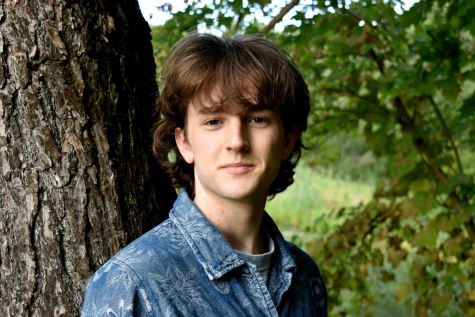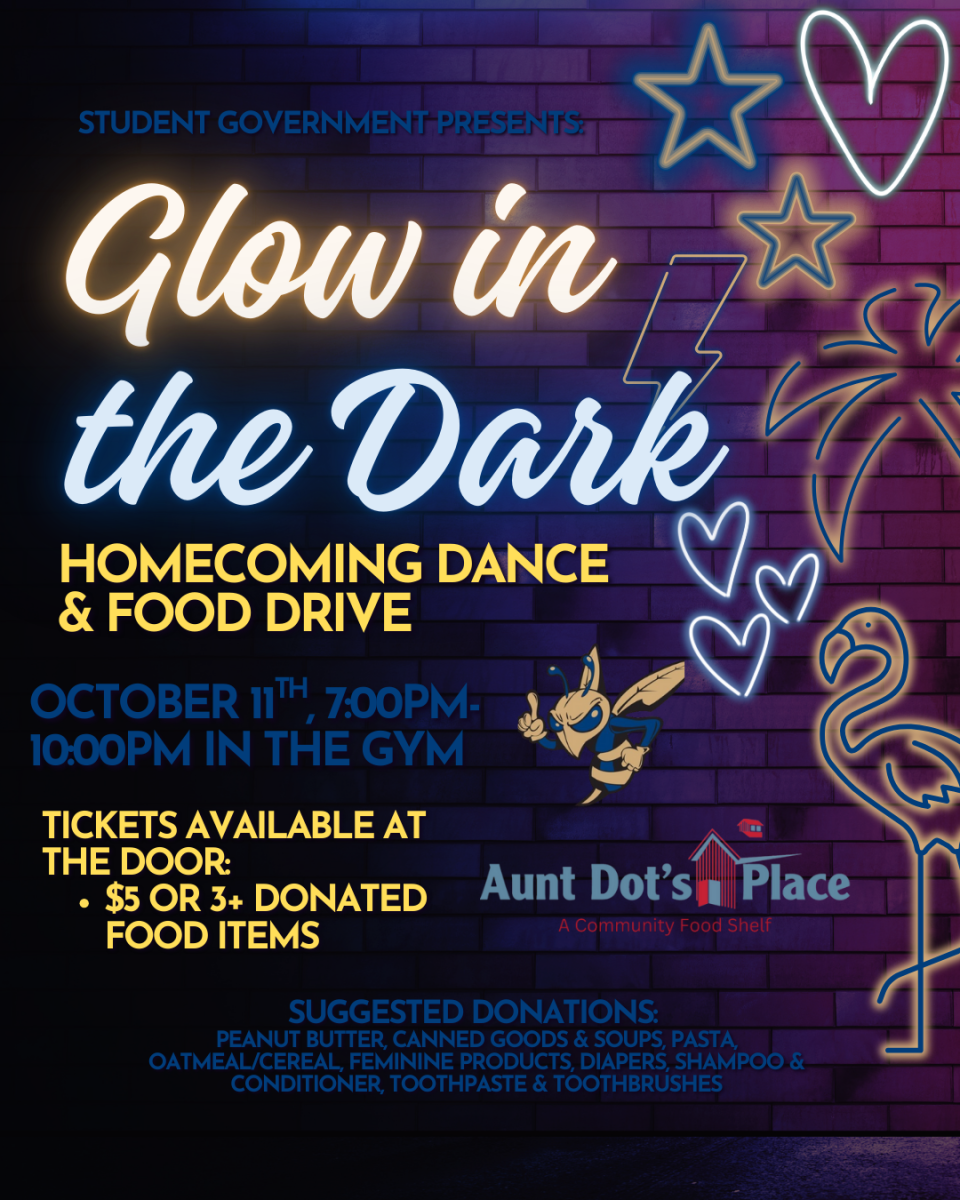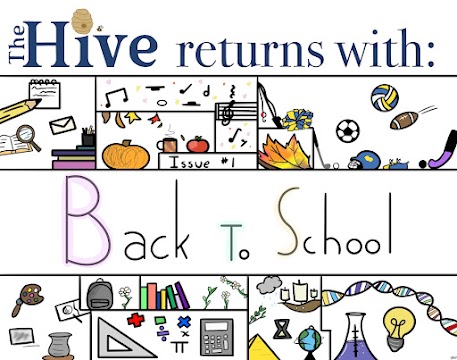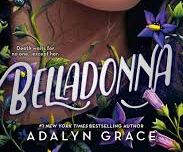Ari Aster Explores the Terrors of Anxiety in Beau Is Afraid
May 26, 2023
The cult following Ari Aster has accumulated since the release of his off-kilter short film, The Strange Thing About the Johnsons, has been immense. From his first large-scale projects, Aster has taken pride in making audiences squirm with his royally uncomfortable horror films, Hereditary and Midsommar, which have garnered critical acclaim and have had horror fans patiently awaiting a new film. Hopes were met with Aster’s new film, Beau is Afraid. However, Aster drew from the deep discomfort incited by his first short film, rather than the outwardly gory horror seen in his first two feature films.
Beau is Afraid is a visual representation of a state of panic. The story follows Beau, a mentally ill man played by Joaquin Phoenix, and his nosedive into a world where each anxious thought consumes him. The state of panic experienced by Beau isn’t just seen, it’s felt by the audience. As the viewer follows Beau through his day, each interaction Beau has seems bizarrely stressful. Whether it’s his trek to the apartment building where he lives, or the phone call with his cruel mother, Beau’s life seems all too overwhelming to be real. It’s almost as if each anxious thought popping into Beau’s head is physically manifested, leaving him in a world where each corner of the globe contains his worst fear. As Beau spirals through his day-to-day life, he finds himself on an adventure of surreal proportions. The dialogue and character building as the adventure progresses delve further and further out of reality, blurring the lines between projections of Beau’s fragmented psyche and the objective world. The situations surrounding Beau are so improbable that the audience feels the same confusion experienced by Beau, fully placing them in his brain. This surrealism is also achieved through mixed media, as Beau is at times seen venturing through an illustrated setting. This mix of illustration and traditional backdrops makes it difficult to separate the events occurring in Beau’s mind, and those grounded in reality. The surreal angle fully immerses the audience in the viewpoint of Beau, as the insanity of Beau’s reality is seemingly ignored by the other characters, and only acknowledged by Beau himself and the audience. Aster truly displays his twisted desire to torture his audience, and he is more than proficient in doing so.
Thematically, the film explores the connection between mental illness and someone’s view of their surrounding world. It also explores Beau’s trauma passed down to him from his parents, especially his mother, perpetuating his descent into the depths of his panicked mind. While some of the metaphors and imagery are a tad on the nose, this three hour long epic kept a grimace on my face throughout the entire run time, and my mind couldn’t help but remain fixated on the film hours after it ended. Beau is Afraid surpasses expectations with a boatload of imagery to dig into, a storyline that engulfs the viewer from the opening scene, and a movie that simultaneously leaves you satisfied and with a lingering sense of dread. After emerging from this stress-infested film, the viewer may come out with a newfound sense of empathy, as it almost feels as though you have had a three hour panic attack along with Beau. While not an easy watch, this film is a treat for fans of the psychological thriller genre and all movie buffs.











